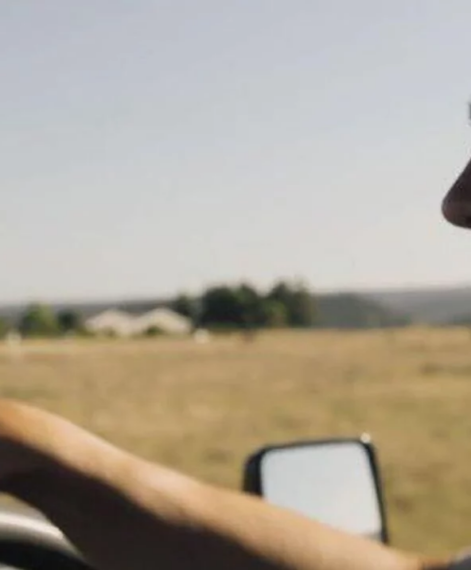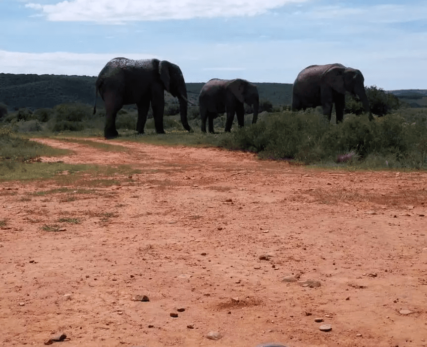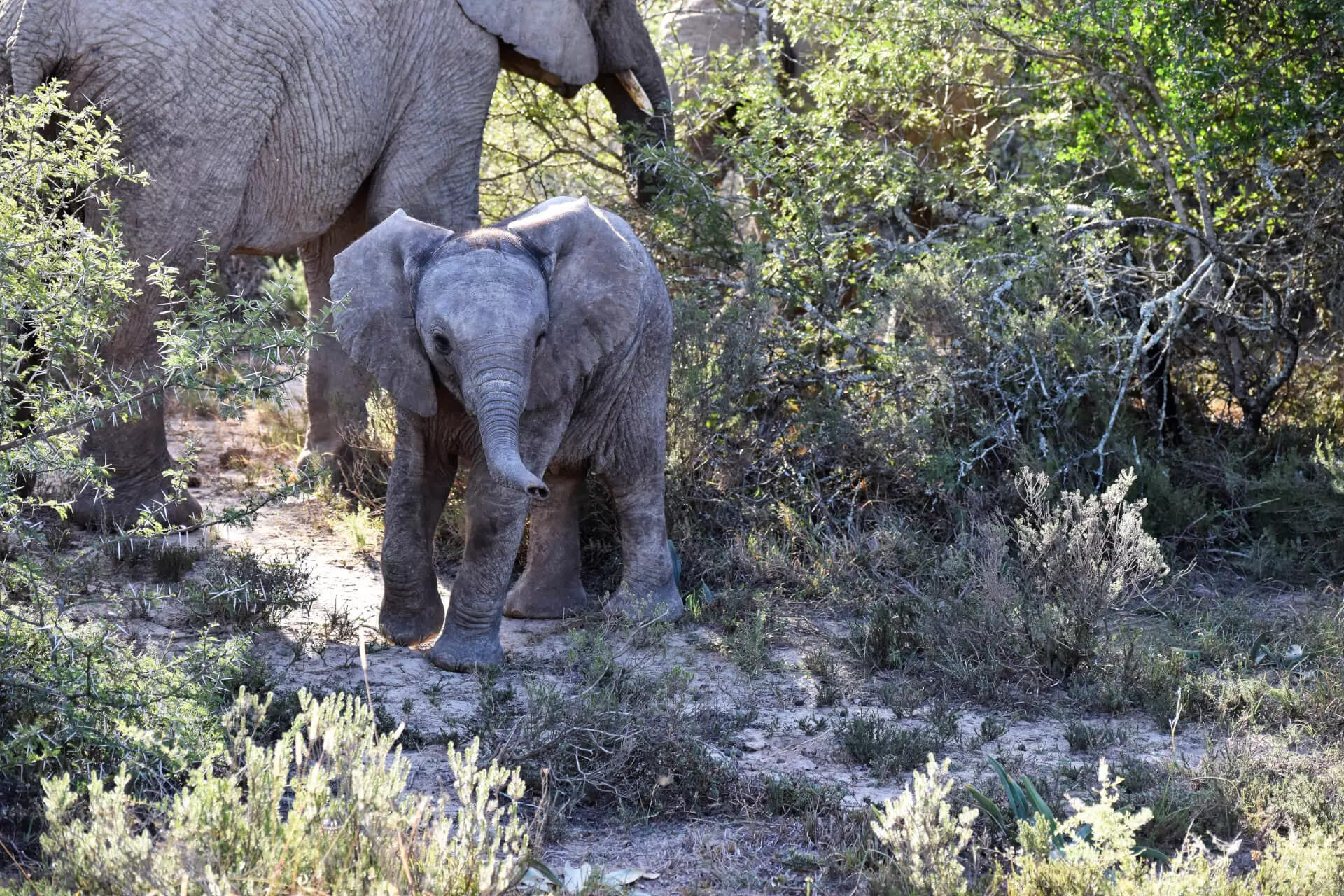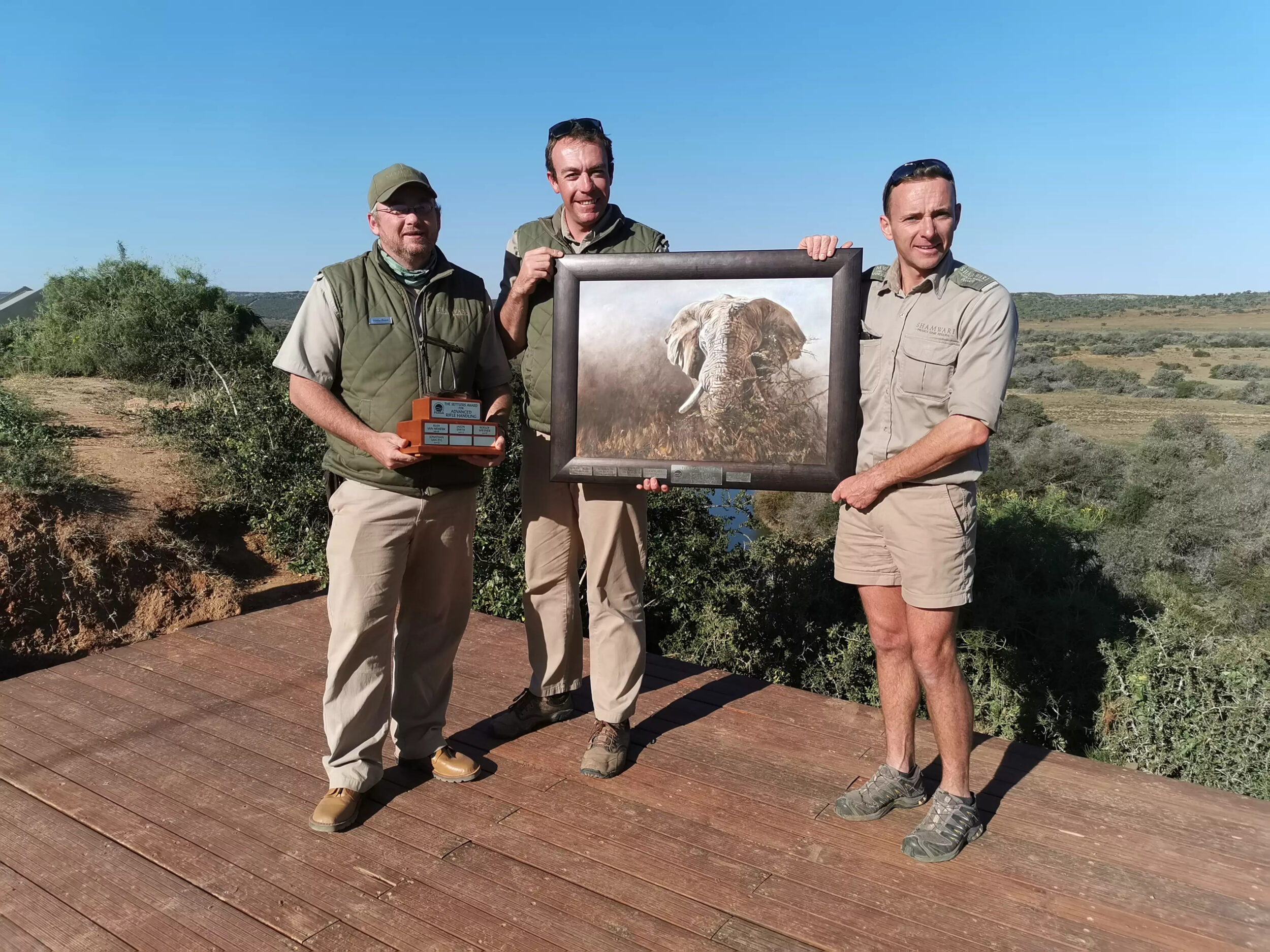In honour of World Ranger Day, we interviewed Head Ranger, Andrew Kearney, who manages our Rangers Department at Shamwari Private Game Reserve.
What inspired you to become a ranger?
I’ve always grown up in and around nature and from a young age I have always wanted to be part of it. I’ve always been drawn to it
What’s your favourite part of the job?
Being able to put back into conservation and tourism by managing, developing, mentoring and teaching guides the ethical way of doing things. It benefits tourism and conservation as a whole. I enjoy spending most of my time on foot by looking at the tracks and signs of animals. I am most passionate about using my skills to identify all that the bush has to offer.
What’s your worst part of the job?
Firstly, when we lose good people from this industry, and secondly, when you see animals and nature being harmed negatively through people’s behaviour, attitude and actions. Poaching, plastics and animal abuse are an ever increase concern and one of the most difficult aspects of a rangers job is that we’ve only got a few days to influence our guests to have a better viewpoint towards nature and the environment. We as rangers can only hope that we’ve made a small difference by influencing change in human behaviour and attitude toward the environment.
Want to be a ranger?
Any words of advice to youngsters who would like to become rangers?
Never stop learning, never stop studying and always follow your dreams. In this industry, rangers have to deal with people, to fight for a cause and change a view point. It requires a lot of passion, hard work, people skills but in the same breath, it is very rewarding. The satisfaction that you get from making peoples dreams come true by giving them a once in a lifetime experience, when they develop an emotional connection to mother nature and Shamwari, it’s a wonderfully powerful thing.



